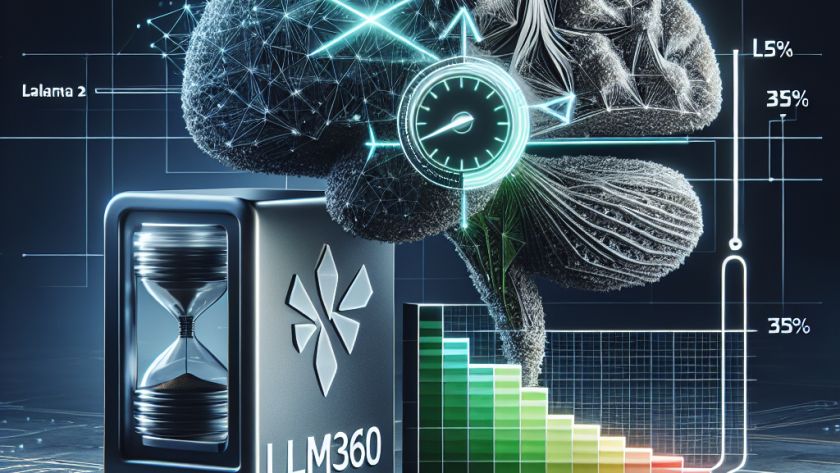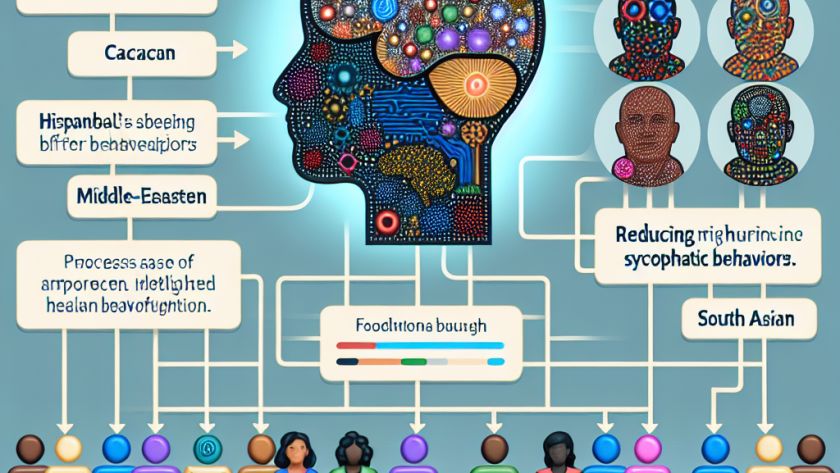Researchers from IT University Copenhagen, Denmark have proposed a new approach to solve a challenge with deep neural networks (DNNs) known as the Symmetry Dilemma. This issue arises because standard DNNs have a fixed structure tied to specific dimensions of input and output space. This rigid structure makes it difficult to optimize these networks across…












